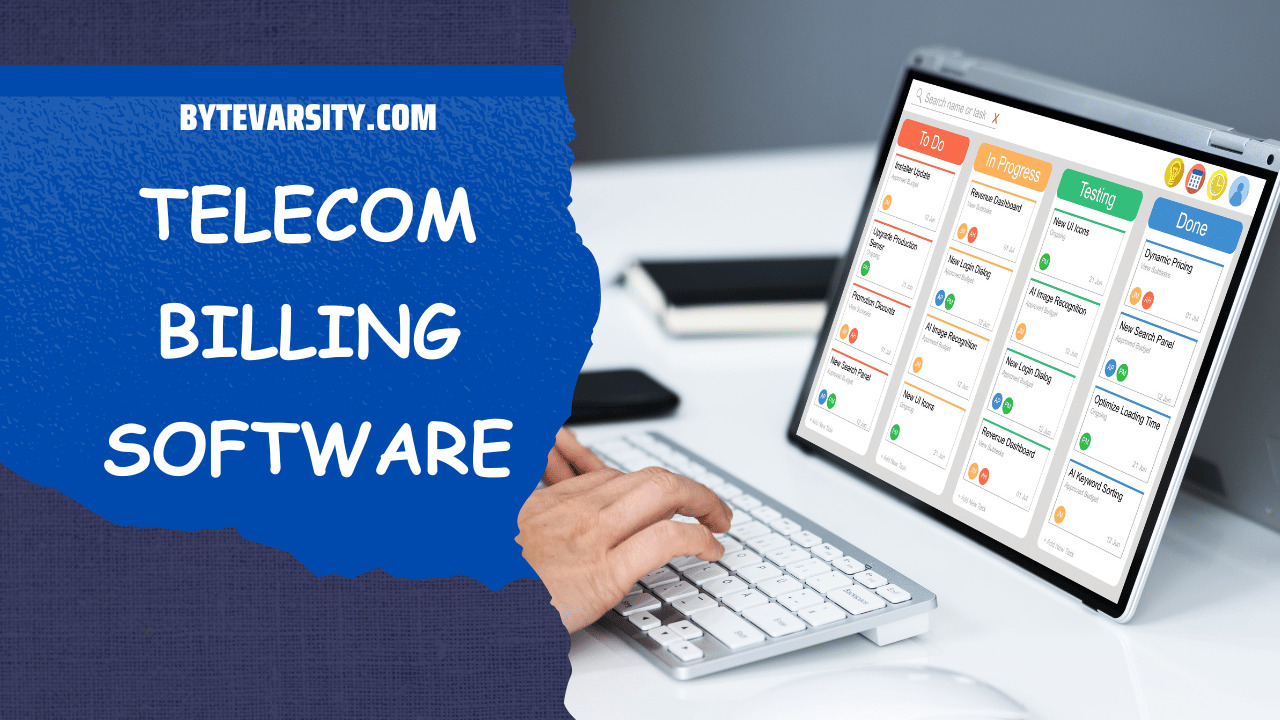Quantum Computing: Unleashing Limitless Potential in the 21st Century

Researchers and scientists are continually pushing the limits of technology to develop more potent and effective computer solutions in the fast-paced digital age of the 21st century. Quantum computing is a ground-breaking innovation with enormous potential. Quantum computing has the potential to transform many sectors and address difficult issues that are currently beyond the reach of classical computers by utilizing the ideas of quantum physics. In this essay, we will examine the fundamentals of quantum computing and look into some of its fascinating applications in several industries.
Quantum Computing Basics: Quantum mechanics, a branch of physics that describes how matter and energy behave at the smallest sizes, is used in quantum computing. Quantum computers use quantum bits, or qubits, which can exist in a superposition of states, as opposed to classical computers, which use bits, which can represent either a 0 or a 1. Compared to traditional computers, the processing capability of quantum computers is exponentially increased by this special trait, which enables them to analyze data and conduct calculations in parallel.
Important Ideas in Quantum Computing:
Superposition: Superposition allows for the simultaneous existence of numerous states for qubits. Due to this, quantum computers can process enormous volumes of information at once and consider numerous options concurrently.
Regardless of their physical separation, qubits can become entangled, a phenomenon known as entanglement. One qubit’s manipulation instantly has an impact on its entangled companion, allowing quantum computers to carry out intricate calculations efficiently.
Quantum gates are mathematical procedures that manipulate qubits, such as altering their states or generating entanglement, similar to classical logic gates. These gates are essential to quantum computations and algorithms.
Quantum computing use cases
Cryptography and cybersecurity: Traditional cryptographic techniques, which rely on the complexity of certain mathematical problems, may be cracked by quantum computers. Strong security measures can be provided by quantum cryptography, guaranteeing that sensitive data is shielded against quantum attacks.
Quantum computing is excellent at tackling challenging optimization issues and modeling sophisticated systems. Faster and more precise simulations can produce optimal solutions and increased efficiency in sectors including finance, logistics, and materials research.
Drug development and molecular modeling are two areas where the pharmaceutical sector can use quantum computing to speed up the process. By effectively analyzing molecular interactions, quantum simulations help scientists create specialized treatments for a range of ailments.
Artificial intelligence and machine learning: Pattern recognition, optimization, and data analysis activities may be improved using quantum machine learning algorithms. The performance of AI systems can be enhanced by quantum computing, which will lead to breakthroughs in areas like speech and picture recognition.
Risk assessment, portfolio optimization, and algorithmic trading are just a few of the difficult financial modeling problems that quantum computing can solve. Quantum computers can produce more accurate predictions and provide better investment strategies by processing enormous volumes of data quickly.
Challenges and Future Prospects: Although quantum computing has tremendous promise, there are still a number of obstacles to be addressed. Because quantum systems are so sensitive to outside influences, sophisticated error-correcting methods are necessary. Another key challenge is scaling quantum computers to deal with large-scale issues. The path to quantum supremacy and practical applications is being paved, nonetheless, by continued research and technical developments.
In conclusion, quantum computing represents a paradigm change in processing power that has the potential to revolutionize a number of businesses and problem-solving. Quantum computing has a great deal of potential in a variety of sectors, including cryptography, optimization, drug discovery, artificial intelligence (AI), and finance, due to its capacity to analyze enormous volumes of data concurrently and make use of quantum mechanics. The 21st century is set to witness the extraordinary influence of quantum computing, influencing a future in which complicated issues are solved with exceptional speed and efficiency as researchers continue to enhance the technology and overcome current obstacles.






